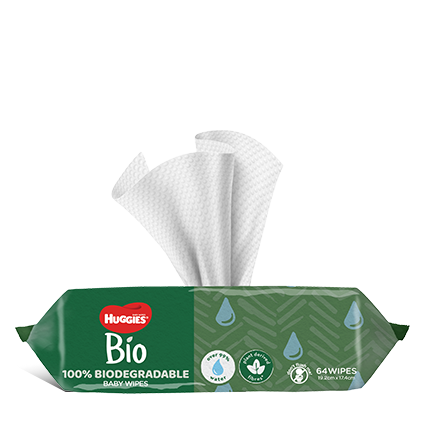For a long time, mothers have been advised to demand feed their newborns. This is because babies tend to be more settled and content if they are fed when they need it, rather than when feeds are timed. Breastfeeding on demand is just as important as feeding on demand with formula however your baby is feeding, they are the best judges of when they need to feed.
The current name for demand feeding is responsive feeding or baby-led feeding. This means the same as feeding on demand, but focuses more on the signals a baby gives when they need to feed. To demand feed takes a little more cueing into the baby's communication and signals. The principles of demand feeding rely on valuing the baby's ability to know they're hungry, to give hunger cues and for parents to act on them.
Babies who are fed when they give hunger cues tend to feed more effectively. Demand feeding tends to reduce a baby's crying and distress because they don t need to wait to be fed.
Healthy, thriving babies give clear signals when they are hungry. When parents act on these cues by offering their baby a feed, the baby feels secure and satisfied. When feeding (or tired) and cues are missed or ignored, the baby feels their needs are not being met.
Demand feeding differences between breastfed babies and formula fed babies
Breastfed babies regulate their own intake of milk. They suck when they are hungry or want comfort and stop when they choose to. Formula fed babies are less independent when it comes to their feeding behaviour. They can often be persuaded to drink a little more even if they're showing signs they're not interested.
Demand feeding helps to maintain a breastfeeding mother's milk supply. The more the baby feeds, the more milk a mother produces. And in the early days of feeding a newborn on demand, this helps to establish a mother's breast milk supply. Some babies don t suck as strongly as others and need more time to have a satisfying feed. When feeds are timed, this can reduce feeding opportunities. Rather than looking at the baby, what becomes important are times.
There are benefits in feeding formula fed babies in a similar way to how breastfed babies feed. Parents need to avoid overriding the cues their baby gives that they don t want to feed anymore.
How will I know if my baby is hungry?
Your baby will show their own individual signs of hunger. However, there are some classic hunger cues which most babies demonstrate:
- Being fussy, crying and unsettled.
- Sucking on their fists or hands.
- Looking for the breast or bottle.
How will I know my baby is full?
- Pulling away from the breast or bottle.
- Turn their head and want to sit up.
- They'll stop sucking.
- They'll start to fuss and push the breast or bottle away.
Top demand feeding tips
- Feed your baby when they are hungry rather than scheduling feeds according to the clock.
- Prioritise your baby's feeding; it's a really important part of their overall care.
- Expect your baby to be hungrier when they are going through periods of rapid growth.
- Don t expect your baby to want the same volume of formula milk at every feed time. Like us, a baby's appetite varies from day to day.
- Ask your baby's other care givers to feed your baby on demand as well.
- Expect your baby's hunger cues to change as they get older. Often hunger cues become clearer as a baby matures.
- Tired signs can be confused with hunger signals. Try not to feed your baby every time they cry and consider if they need something other than feeding.
- If your baby seems unsatisfied with the amount they're having, or is not sleeping as well as they were, consider if they need more milk or more frequent feeds.
- If your baby is aged over six months and still waking frequently overnight for feeds, consider how often they're feeding in the daytime. Long spaces between day feeds can lead to more frequent demands for overnight feeds.
- Be mindful that some babies will overfeed if they have the opportunity. Speak with your Child Health Nurse if you feel your baby is gaining too much weight and is feeding too much.
Written for Huggies by Jane Barry, Midwife and Child Health Nurse, August 2021.
Demand Feeding FAQs
Yes, but in the first 12 months breast milk or formula is the primary source of nutrition for a young baby. Until around nine months of age, offer your baby their milk first and then solids. After nine months reverse this order.
Have your baby checked by your Child Health Nurse. It's important your baby is getting enough milk to grow and thrive. This will be clear when their weight, length and head circumference are measured and then plotted on their percentile (growth) charts. Don t expect your newborn to be in a regular feeding and sleeping pattern. It's generally not until around three months that babies develop more predictable behaviours.


Last Published* May, 2024
*Please note that the published date may not be the same as the date that the content was created and that information above may have changed since.




















